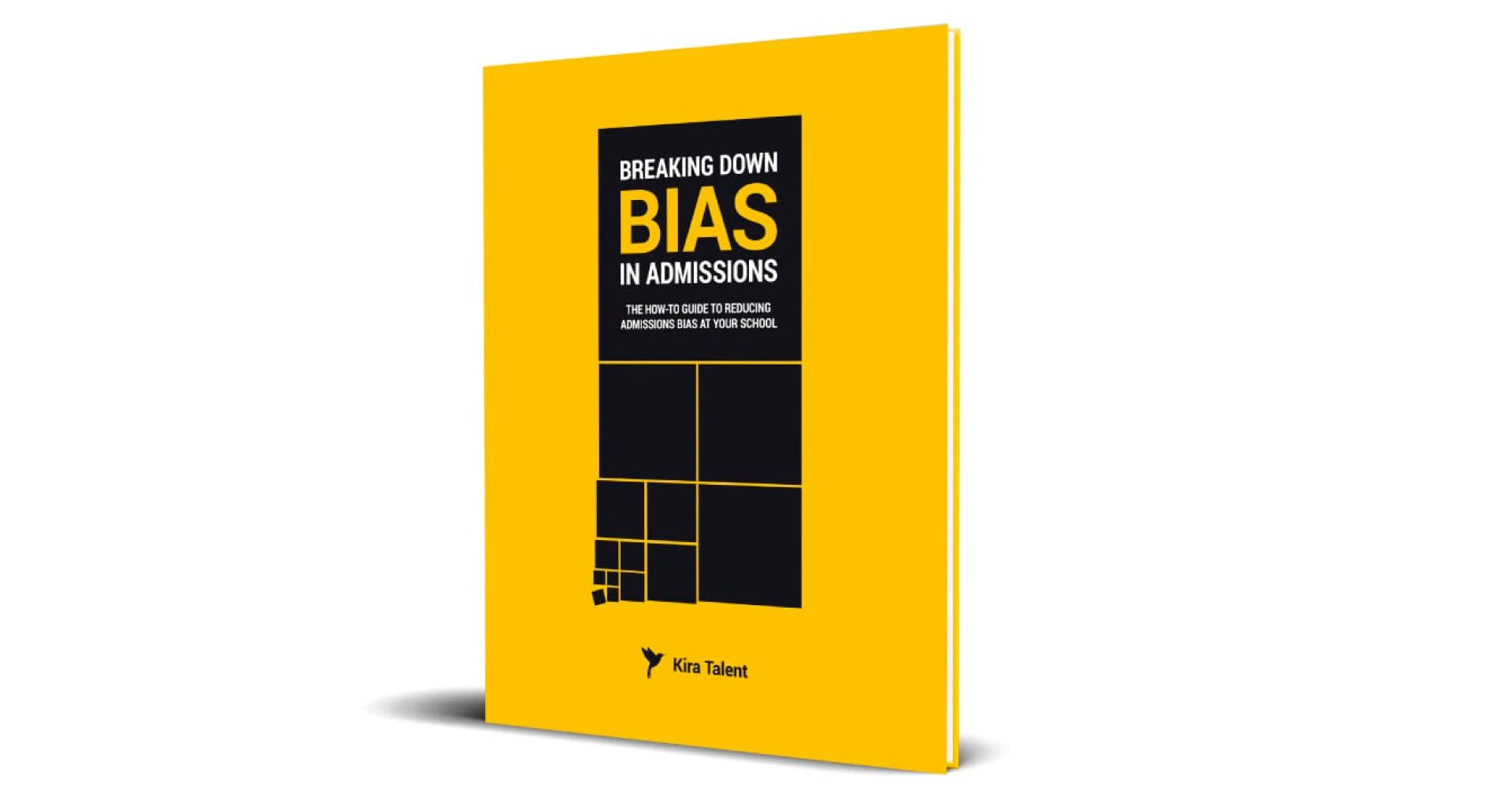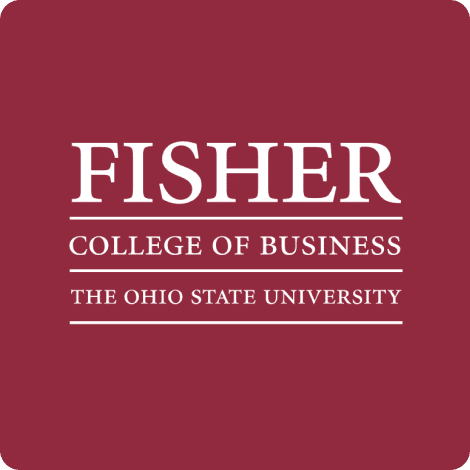The Golden State of California, home to both Silicon Valley and the Paul Merage School of Business, is known for pushing the boundaries of innovation. Fittingly, the Merage School is reinventing business education with a focus on leadership for a digitally driven world.
Featuring an annual cohort of about 50 students, the full-time MBA offers all the benefits of a smaller program, including a collaborative community, personalized attention, and authentic relationships. Given its size, every student makes a big impact on the program — from the classroom experience and alumni network to employability numbers and rankings.
 As Taylor Martini, Executive Director of the program explains, finding a diverse and dynamic group of students who will thrive in such a culture is essential but the admissions team can find this challenging at times.
As Taylor Martini, Executive Director of the program explains, finding a diverse and dynamic group of students who will thrive in such a culture is essential but the admissions team can find this challenging at times.
The Resource Strain of Live Assessments
While some candidates stand out right away and are invited for an interview, others may be in the grey zone. These candidates are a bit more difficult to understand on paper, so the Merage School gives them an alternate way to share their story and strengths before making an interview decision.
Years back, this opportunity came in the form of live screenings where select candidates would meet with the admissions team for forty-five minutes. Retrospectively, Martini shares that spending the full forty-five minutes wasn’t always the best use of time (an already limited resource for the modest team of 3) and that a decision could be made much faster — if they had the right solution in place.
In 2016, the Merage School introduced Kira to their admissions process to save time while holding onto the valuable insight they gained from live interactions with candidates.
Their process now reads:
In some cases before an in-person or Skype interview, candidates may be invited to participate in a separate video interview [Kira]. This is not an indication of an applicant's increased chances of admission, but rather an additional step we use to learn more about you.
The Benefits of Transitioning to On-Demand Assessments
“One of the best parts about Kira is that it allows you to learn more about candidates that aren't as clear cut,” says Martini. “It gives you an opportunity to really understand them beyond their application because it's the first time you get to see and hear them.”
Not only is the School able to see how candidates think on their feet and present themselves in Kira, but they can also tap into soft skills that aren’t always captured in other parts of the application.
The MBA program looks for candidates who show signs of leadership, those who will put themselves out there and light up the room, whether it's a networking event or a career fair. “Because we have a small cohort, it's really important that all of our students are going to be successful,” says Martini. “And we get a good glimpse of how they're going to be through Kira.”
While the process of gathering such insight once took the admissions team 45 minutes per candidate selected for a video interview, it now takes them 10 minutes or less in Kira.
To put that into perspective, the team has reduced 34 percent of their video interview time.
As Martini explains, Kira has a significant impact on the team’s workload. Since his colleagues in admissions are also responsible for the program’s recruiting and marketing efforts, finding ways to increase efficiency has also been a top priority. With the hours saved from using Kira, they’re able to spend more time on other priorities such as outreach or hosting student visits.
“Being able to reallocate those resources when you have a small team is so important,” Martini adds.
Admissions without Kira?
To understand the overall impact Kira has had on the Merage School and their MBA program, we asked Martini to reflect on the following question: What would change if Kira was removed from your admissions process tomorrow?
We would have to do a lot more Skype or in-person interviews, especially now with the landscape of the MBA market – you don't want to miss out on any candidate. But our process would be a lot less refined; we’d spend time interviewing candidates who don’t require the full hour.
Not having Kira would take out a method of evaluation, and it's so important to be sure about the candidates you're admitting when you’re a smaller class size because every student has such an impact on the program, the student experience, and the numbers.



